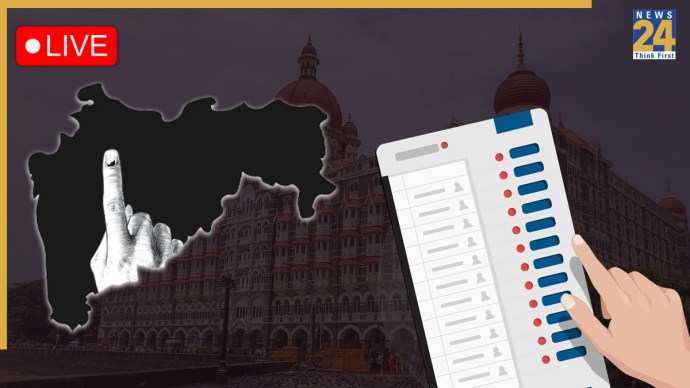On Tuesday, the Reserve Bank (RBI) released draft guidelines to reinforce regulations on payment aggregators, with the aim of enhancing the payment ecosystem.
Also Read: Ghazal Alagh’s Hiring Secret For Mamaearth: The One Question That Makes A Difference
The draft guidelines also address the physical point-of-sale activities conducted by payment aggregators (PAs).
The RBI noted the growth in digital transactions and the crucial role played by PAs in this domain, prompting the proposal to update the current directions on PAs. The updates encompass aspects such as KYC and due diligence of merchants, operations in Escrow accounts, and are intended to fortify the payment ecosystem.
The payments ecosystem in India encompasses online payment aggregators (PAs) and those facilitating face-to-face/proximity payment transactions.
Regarding KYC and due diligence, the draft specifies that payment aggregators must conduct due diligence on merchants they onboard, following Customer Due Diligence (CDD) guidelines outlined in the Master Directions on Know Your Customer (MD-KYC), 2016.
The draft also mandates that payment aggregators ensure that marketplaces they onboard do not handle funds for services not provided through their platform. Comments on this draft are invited by the RBI until May 31, 2024.
From August 1, 2025, the draft states that entities in the card transaction/payment chain, apart from card issuers and/or card networks, are prohibited from storing Card-on-File (CoF) data. Any previously stored data must be deleted.
Additionally, non-banking entities providing payment aggregator and payment processor services must have a minimum net worth of ₹15 crore when applying to the RBI for authorization. By March 31, 2028, this minimum net worth requirement increases to ₹25 crore.
The entity must maintain a net worth of ₹25 crore continuously after that.
Also Read: Stay Alert: ATM Scam Spells Financial Disaster For Unsuspecting Victims













